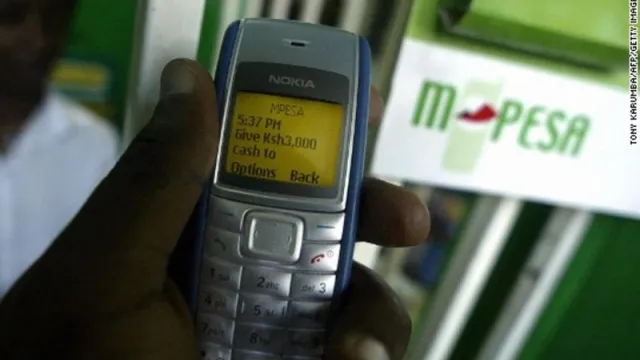Half a million poor Kenyans had no money to send during coronavirus

Half a million poor Kenyans had no money to send during coronavirus
When it was still embarrassing to put Sh100, the official poverty line at an M-Pesa shop, Safaricom had already made it free.
So when Safaricom announced that Kenyans will be able to transact up to Sh1000 for free, this segment of the market was not nearly excited since the new band did not directly affect them.
If one is to conduct a study, these would form a baseline, a sort of constant to the effects of the new measures.
From Central Bank data, we see that transactions among the lower class fell by 483,432 a day between March (before the measures were put in place) and April.
The decline shows that the poor, unaffected by the transaction costs suddenly had no Sh100 to send home, a stark reminder of who the virus has hit the hardest.
Kenya is a largely informal economy with a high dependency rate which leaves a huge part of the population dependent on odd jobs that pay daily wages thus little or no savings.
To have almost half a million unable to have money to spare or send home shows the biggest effect of the virus has been the crippling of the kadogo economy which may take very long to recover.
Only middle class Kenyans benefited from Safaricom’s Sh1000 free transfer, jumping on the coronavirus measure to split their money into batches and save every shilling at a time of heightened uncertainties.
The middle class sending between Sh100 to Sh1000 saw the biggest increase in transactions which grew by 1.5 million a day during the period.
This may not have been because more people were transacting but because those who were transacting were splitting the cash into smaller denominations to save on costs of transfer.
If you look at the value, this segment alone was transacting Sh4.1 billion a day before the measures were put in place and while the number of transactions doubled, the value declined to Sh3.6 billion a day.
The wealthy who operated at the upper band sending more than Sh35, 000 to the Sh70, 000 limit also saw transactions decline by 10,570 a day.
However, half of those who left this bracket were actually moving to the super rich, who had now been allowed to send between Sh70, 000 and Sh150,000, there are only 5,475 Kenyans who send this kind of money over their phones each day.
With this assumption, we can say only 5,095 wealthy Kenyans felt the effect in the first months of the pandemic as opposed to almost half a million poor folks who could not get Sh100 to send home.
Overall, the transactions by Safaricom are an economic indicator that shows how the most productive segment of the country have been crippled by effects of the pandemic including lockdown and stay at home directives.
The economy has taken a beating, but those who have been most hit are the most vulnerable.



